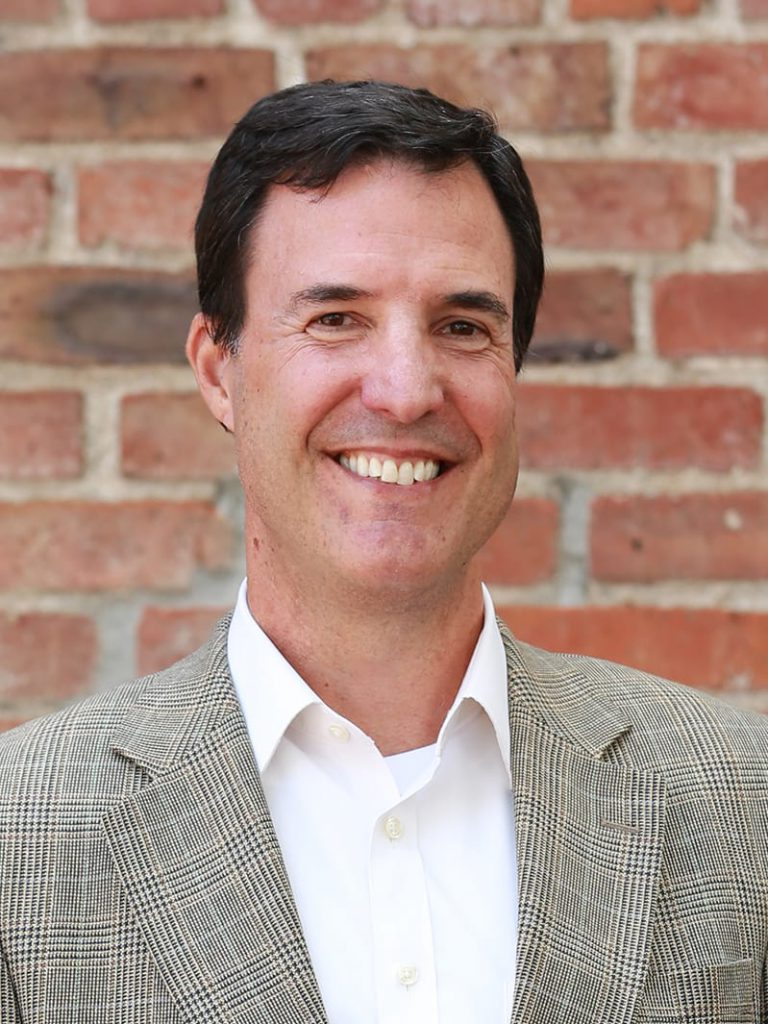
Unveiling the Secrets to New Manager Success
… [Read more](https://www.managersclub.com/unveiling-the-secrets-to-new-manager-success/ "Unveiling the Secrets to New Manager Success")


Location: Denver CO
I have a technical background which includes an undergraduate and graduate degree in civil engineering and a professional engineering license in several states. Speaking in the context of my industry (e.g.: consulting engineering), I transitioned into management the traditional way. I started my career as an entry-level staff engineer, worked hard at the opportunities in front of me and built upon those experiences to earn management positions and new opportunities.
Finding, training and retaining talent. Talented and skilled individuals have many good choices in where to work, especially in a market like Denver. I’ve become convinced that, when an employee leaves, you never have to look far beyond their manager for “the why”. Especially in the professional services industry, training managers to recognize the softer side of their roles is among my biggest challenges.
An additional challenge for me is communicating with a multi-generational staff. Today’s workforce includes four or five different generations. Each generation wants/expects/needs different things from their career experience. My unique challenge as a baby-boom leader is understanding and accepting that fact and helping our younger staff align their goals with the larger company objectives.
I look for people that have a long-term perspective about their careers, how they plan to achieve their career goals and what my company can do to help support their goals.
There are no short-cuts to success in a management role. Never forget that the people you “manage” are people just like you. As a manager, you need your people more than they need you. Your people expect you to be competent and knowledgeable in the industry but understand that you cannot know everything. Let them be involved in planning their schedules. Most importantly, be grateful for the opportunity to influence the people in your care and never forget the solemn responsibility you have.
The demand for your attention is relentless. Email is one area that I’ve focused on over the years with some success. Here are a few tips that have worked for me:
Especially this last tip can decrease your email traffic by 10% or more.
The notion of success is highly subjective and usually defined by outward measures. On that basis, here are mine: be proactive, be genuine and say thank you. Success, to me, is more comprehensive and is summed up in Man in The Glass by Peter Dale Wimbrow.
Harvard Business Review and the project management software my company uses.
Extreme Ownership | How U.S. Navy Seals Lead and Win by Jocko Willink and Leif Babin. The principles in this book embody the meaning of high-performance teams. Regardless of where you are in your career, or in life, everyone can learn something meaningful from this book.
I work hard to establish a professional relationship quickly and encourage honest and frequent communication. I believe coaching is an on-going process and more of a day-to-day activity. For example, I give “on-the-spot” feedback and ask for feedback as well. Mentoring is has a long-term perspective and requires a relationship of trust and honesty; in order to be successful, the relationship needs both mentor and mentee to commit to mutual goals and a process to achieve them.
I am constantly looking for “what staff is doing well” and recognize that and give positive feedback for a job well done. This type of coaching feedback needs to be very specific. For example, “thanks for getting that report done last night like you said you would. I know you had to work late to do it and I just want you to know that I appreciate you keeping your word.”
I have a profile on LinkedIn. Here is a link: https://www.linkedin.com/in/richard-steiner-26881510/

… [Read more](https://www.managersclub.com/unveiling-the-secrets-to-new-manager-success/ "Unveiling the Secrets to New Manager Success")

… [Read more](https://www.managersclub.com/accelerating-ai-in-your-team-strategies-for-success/ "Accelerating AI in Your Team: Strategies for Success")

In this video, Rajesh Janakiraman, an engineering manager at Google, shares his insights and experiences on leading business critical projects while ensuring his team remains motivated and doesn’t burn out. Business critical projects can be intense, high visibility deadlines that often shift roadmaps and include executive-level oversight. Building the right team, maintaining communication, and managing expectations around these challenging projects are crucial to preventing burnout and driving results.

Are you on the lookout for a collaborative, engaging community tailored specifically for your role? Look no further! Introducing the Managers Club Discord server dedicated to leadership in engineering. We’re a community of engineering managers, team leads, and CTOs who come together to share experiences, best practices, and insights.

Are you an Engineering Manager curious about gauging your effectiveness and success in your role? In this insightful episode, we dive deep into metrics and stakeholder management with Ivan Bilan, an experienced engineering manager. Discover the core metrics for measuring engineering manager performance in people leadership, product quality, delivery, and self-promotion, and learn the importance of stakeholder management in driving team success. In this video, we will be looking at how to measure success and performance for managers. We’ll be exploring different methods and tools that managers can use to measure their own success, as well as the success of their team. Don’t miss out on these valuable insights and strategies!

In this engaging conversation, experienced technical recruiter Kate Parton shares vital advice and insider tips for candidates seeking job opportunities in the tech industry. She discusses red flags to watch for, navigating compensation discussions, common misconceptions about the recruiting process, and how to make the most of your partnership with a recruiter. Discover the role of social media and the rise of AI in the hiring process. Kate shares valuable tips and advice on making your job search and interview process smoother and more successful. Tune in for an insider’s perspective on the world of recruitment and how to avoid common pitfalls!